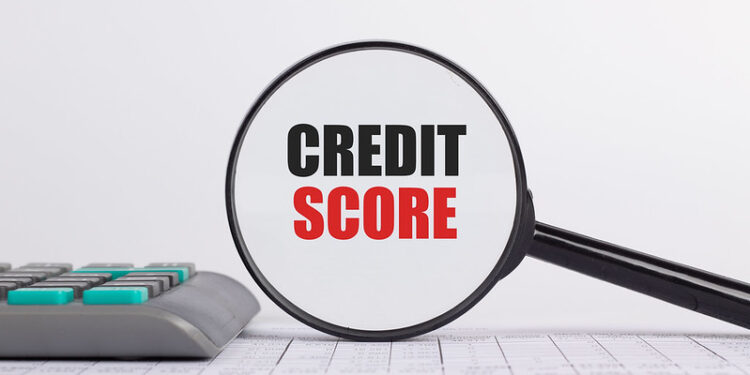Believing These Three Myths About Your Credit Score Can Keep You From Growing


From the moment you reach adulthood, credit becomes a crucial part of every aspect of your life. While you may not know much about credit initially, it doesn’t take long to discover its significance. Credit dictates your ability to acquire everything from a credit card or personal loan to a house or car. More than that, your credit status and score are keys that unlock your quest for better living.
Understanding Your Credit Status And Score
There’s a lot of information out there about credit and credit scores. While some of the content is fact-based and accurate, other information comprises misconceptions and myths that could lead to financial troubles. Hopefully, this post will debunk some of those myths and give you a better understanding of how to use credit to your advantage.
What Is A Credit Score?
Your credit score is a three-digit number provided by major credit bureaus to determine your risk level as a consumer. The scores typically range from 300 to 850 and give creditors, lenders, and service providers a better idea of how financially responsible and trustworthy you are.
How Are Credit Scores Calculated?
How do major credit bureaus determine which consumers get which scores? They use a few key determining factors based on your financial accounts and spending habits. Below are the most common aspects they evaluate:
- Payment History – Your payment history is a detailed record of how you pay existing and past accounts. Such accounts might include credit cards, personal loans, mortgages, auto loans, and student loans. Companies report your overall balance, account due dates, amounts paid, and frequency of payments. They will also report adverse collection activities like delinquency, bankruptcy, foreclosures, repossessions, and charge-offs.
- Available Credit – Credit bureaus also keep track of the available credit you have compared to the amount you’ve spent. The data helps creditors, lenders, and service providers to see how responsible you are with credit limits and account balances. For instance, if you have a credit card with a $5,000 limit, how much do you have available to spend? A higher score is given to consumers that keep their limits and balances under 30%.
- Types of Credit – While you may be good at managing a credit card with a $5,000 limit, how well can you manage a $300,000 home loan? Credit bureaus help answer this question by providing a detailed list of the various types of credit accounts you have. The more diverse your portfolio is, the higher your score.
- Length Of Credit History – Another factor credit bureaus consider when determining your score is the length of your credit history. The longer you’ve had financial accounts in a positive standing, the better your creditworthiness to creditors, lenders, and other service providers.
Three Common Credit Myths
Now that you know what credit status and scores are, here are a few common misconceptions about credit scores that you should be aware of.
Checking Your Credit Score Lowers It
While hard inquiries from outside agencies can cause your credit score to decline, it’s important to note this doesn’t count if you’re checking yourself. In fact, financial experts recommend that you check your credit score regularly to stay on top of changes and to make informed decisions.
Closing Accounts Is Good For Your Credit
When you pay off a credit account or rarely use it, you might assume it would negatively impact your credit score. On the contrary, it is better to keep the account open. Even if you pay for gas each week and use a portion of your direct deposit to cover the balance, it’s worth it. Keeping the account open increases your credit length while maintaining low, or zero balances improve your payment history and credit utilization rate.
Maintaining Good Credit Is Only Necessary For Borrowing Money
One might assume that if you do not need to borrow money, you do not need excellent credit. Unfortunately, they would be wrong. High credit scores and positive histories can indeed help you get a mortgage, auto loan, student loan, or credit card; that’s not all it does. Your credit score and history are also the determining factors in how much you’ll receive, your interest rates, and loan or service terms. It can also help service providers determine deposit amounts or down payment options.
Most people are aware of credit and the basic options it can afford them throughout life. Unfortunately, there are a lot of misconceptions and myths out there that cause consumers to make decisions that lead to financial strain. That’s why it’s essential to get all the facts and ensure that your credit score and status can assist you in affording the lifestyle you want.

